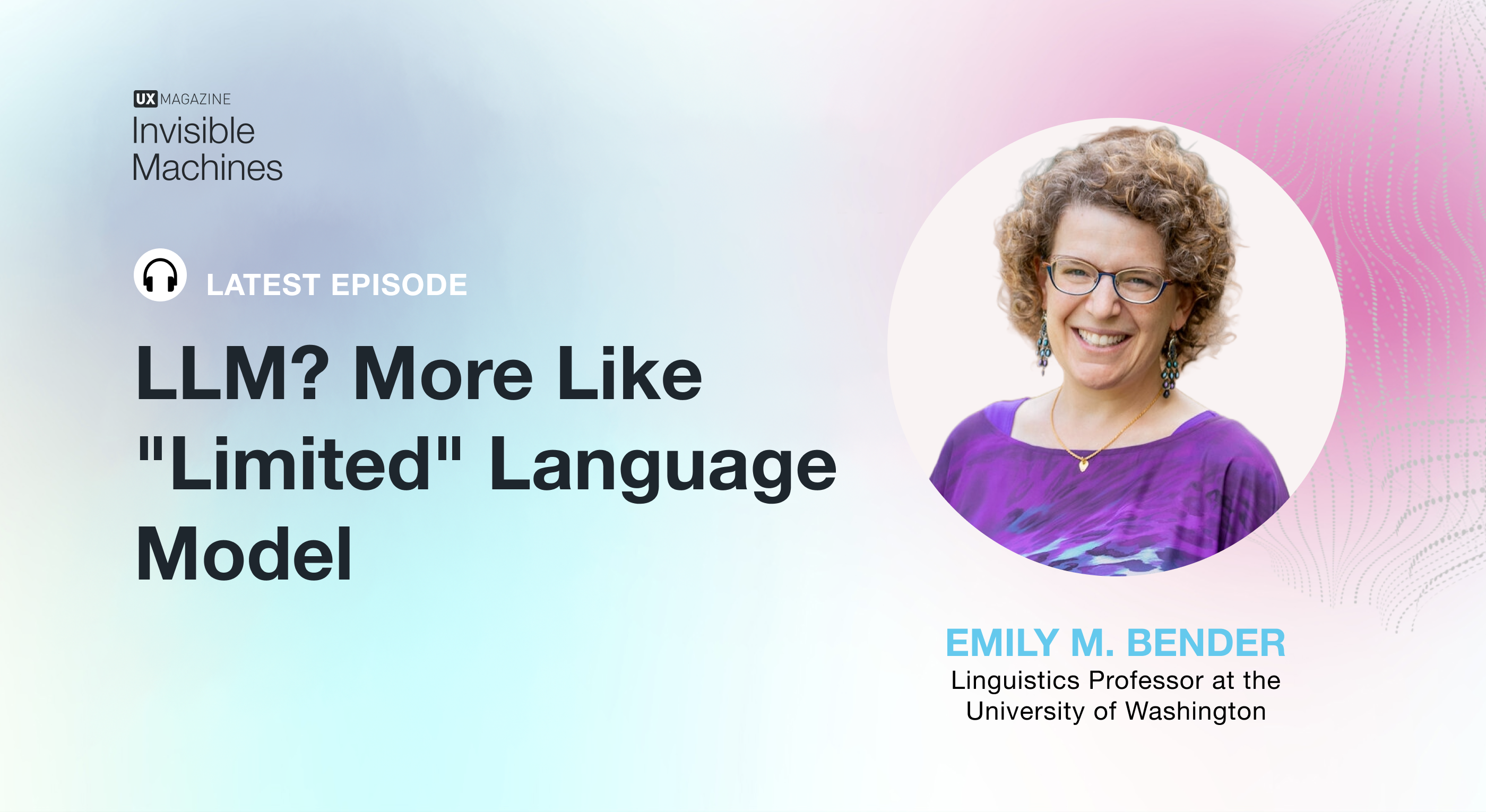Save

On this episode of the Invisible Machines podcast, Robb and Josh welcome Emily M. Bender, a Linguistics Professor at the University of Washington and co-author of the Stochastic Parrots paper from 2021 that prompted Sam Altman to tweet “i am a stochastic parrot, and so r u.” According to Bender, Altman totally missed the point.
Having worked in computational linguistics for more than 20 years, she’s a staunch critic of LLMs like OpenAI’s GPT models. Emily is also co-host of the Mystery AI Hype Theater 3000 podcast, and she joins Robb and Josh for a provocative conversation about the limitations and dangers associated with large language models.
Check out the episode here.
Josh Tyson
Josh Tyson is the co-author of the first bestselling book about conversational AI, Age of Invisible Machines. He is also the Director of Creative Content at OneReach.ai and co-host of both the Invisible Machines and N9K podcasts. His writing has appeared in numerous publications over the years, including Chicago Reader, Fast Company, FLAUNT, The New York Times, Observer, SLAP, Stop Smiling, Thrasher, and Westword.







